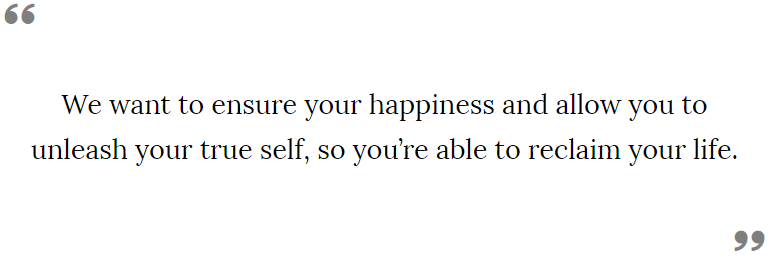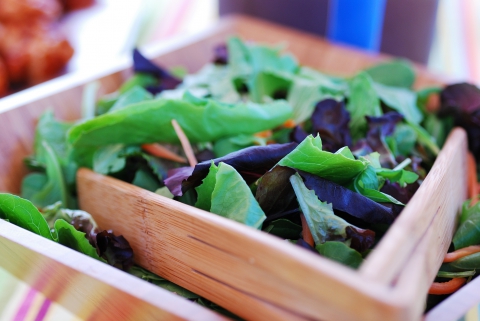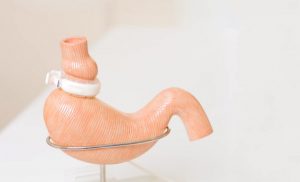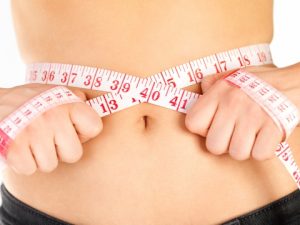Struggling with weight loss is a challenge that can seem to be never ending. Even after your lap band surgery, there are diet restrictions and lifestyle changes that can’t be overlooked. If you want to have a successful laparoscopic surgery, follow these dietary guidelines. First, find out what lap band surgery is and contact Weigt Zen to see if a lap band surgery is right for you.
 How it Works?
How it Works?
Lap band surgery, also known as gastric banding, is done laparoscopically, which means that a tiny camera is used to see inside as the lap band surgeon performs the procedure. An adjustable belt is put in place around the top of the stomach, restricting the amount of food that can be ingested. When food is consumed, it moves more slowly through the intestine and the feeling of being full is reached faster through signals that are sent to the brain. Those who have struggled with weight loss in the past and have not met success are candidates for lap band surgery.
After Lap Band Surgery Diet
Having weight loss surgery does not guarantee weight loss, but with the correct changes in diet, you can experience the long-awaited loss of pounds. Follow these guidelines for a healthy diet after your lap band surgery.
Eating Guidelines:
- Eating three meals each day with limited snacking will ensure that weight loss occurs.
- Take your time when you eat. Eating a meal by slowly and thoroughly chewing your food should take around 20 minutes. After each bite, put your utensil down to give you time to chew. The food should be a paste before swallowing. Also, cut food into small chunks.
- Because of the lap band surgery, it takes less food to give you that full feeling, so serve up smaller amounts of food.
- Right after surgery, be sure to eat protein-rich food that will aid in repairing and rebuilding muscle tissue and organs. Oftentimes, protein deficiency can occur after lap band surgery, so make sure to eat lean meats, beans, and low-fat dairy. Supplements or protein shakes will help to give you much-needed protein.
- By avoiding foods that are high in sugar and fat, the weight loss surgery has a higher chance of being successful. Try to avoid foods that don’t give you any vitamins or nutrients.
Drinking Guidelines:
- It is recommended you do not drink half an hour before and after a meal. This will help to prevent the stomach from overfilling, keep food from moving through the stomach too quickly, and will keep you full for a longer period of time.
- Drink fluids slowly, by sipping them. Taking longer drinks. Gulping down a drink can cause nausea or vomiting.
- Plain water is ideal just after surgery. Avoid drinks that are high in sugar like sodas or sweet teas and alcohol. Try to avoid caffeine as well, this could stimulate appetite and irritate your stomach.
Liquid Diet
A liquid diet is suggested for around a week after lap band surgery. A liquid diet can consist of protein shakes, creamy soups, and clear liquids. During this time, eat many small meals throughout the day. When choosing a protein shake, purchase ones that have around 20 grams of protein per serving, are less than 200 calories and less than 10 grams of sugar per serving. Other foods that you can consume are low-fat milk, sugar-free Jell-o, and low-fat yogurt.
Pureed Diet
During this stage, you can add pureed foods. All food should be a soft consistency. Start out with foods that are high in protein, then vegetables, and finally fruit. Continue having small, frequent meals throughout the day, being sure not to drink half an hour before or after the meal. Foods to eat at this stage are pureed chicken, canned tuna, salmon, or chicken, cottage cheese, eggs, plain oatmeal, refried beans, and pureed fruits and vegetables. Stick with this pureed diet for about two weeks, or 4 weeks after your surgery.
 Soft to Solid Diet
Soft to Solid Diet
Five weeks after lap band surgery, you can begin to eat soft solid foods. Foods no longer need to be pureed but should have a soft consistency. Remember to eat slowly, chewing the food until it is a paste. Also, keep in mind to begin with foods that are high in protein. For breakfast have a scrambled, or poached egg, and a cup of canned fruit. Lunch could be chicken salad and a cup of cooked squash or zucchini. For dinner, cook a small piece of salmon with green beans. Snacks can include a piece of string cheese and protein shakes.
Weight Zen wants to give you the body that you have always dreamed of and have worked so hard to achieve. With the help of weight loss surgery and these dietary guidelines, you can be on your way to a new life. Contact Weight Zen using the form below, for more information:
"*" indicates required fields

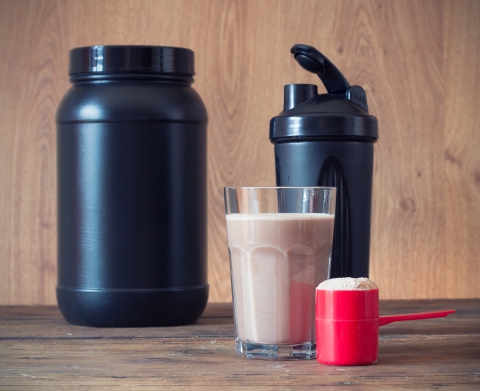 How it Works?
How it Works?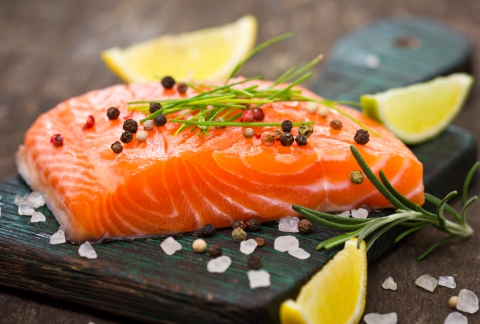 Soft to Solid Diet
Soft to Solid Diet You want to change; that’s what has brought you to us. Whatever the case may be, you aren’t happy, and you want to get back to that happy version of yourself who looks great, feels great, and is on top of the world. Lucky for you, Weight Zen, a weight loss surgery clinic in New York, wants to help you find peace and happiness inside and out. We specialize in weight loss surgery, one of them being
You want to change; that’s what has brought you to us. Whatever the case may be, you aren’t happy, and you want to get back to that happy version of yourself who looks great, feels great, and is on top of the world. Lucky for you, Weight Zen, a weight loss surgery clinic in New York, wants to help you find peace and happiness inside and out. We specialize in weight loss surgery, one of them being 